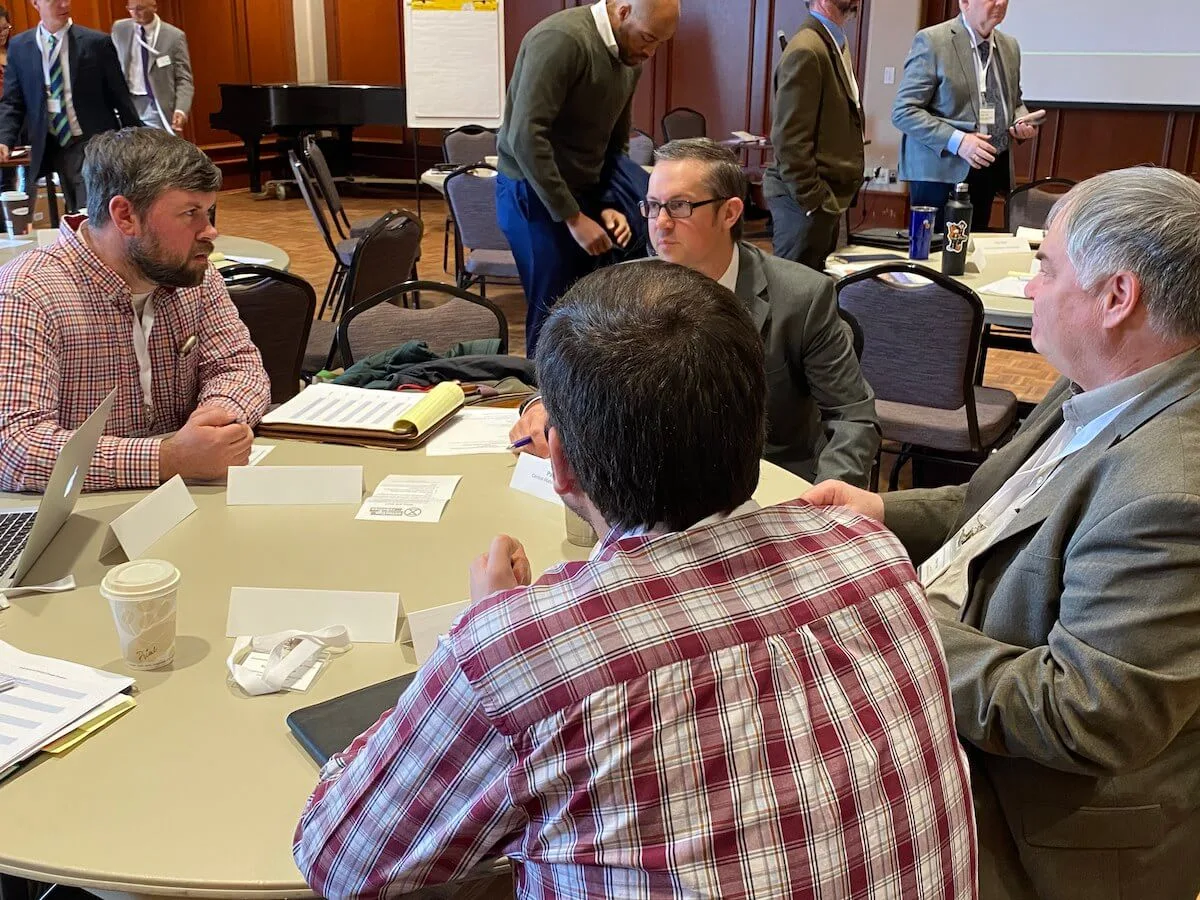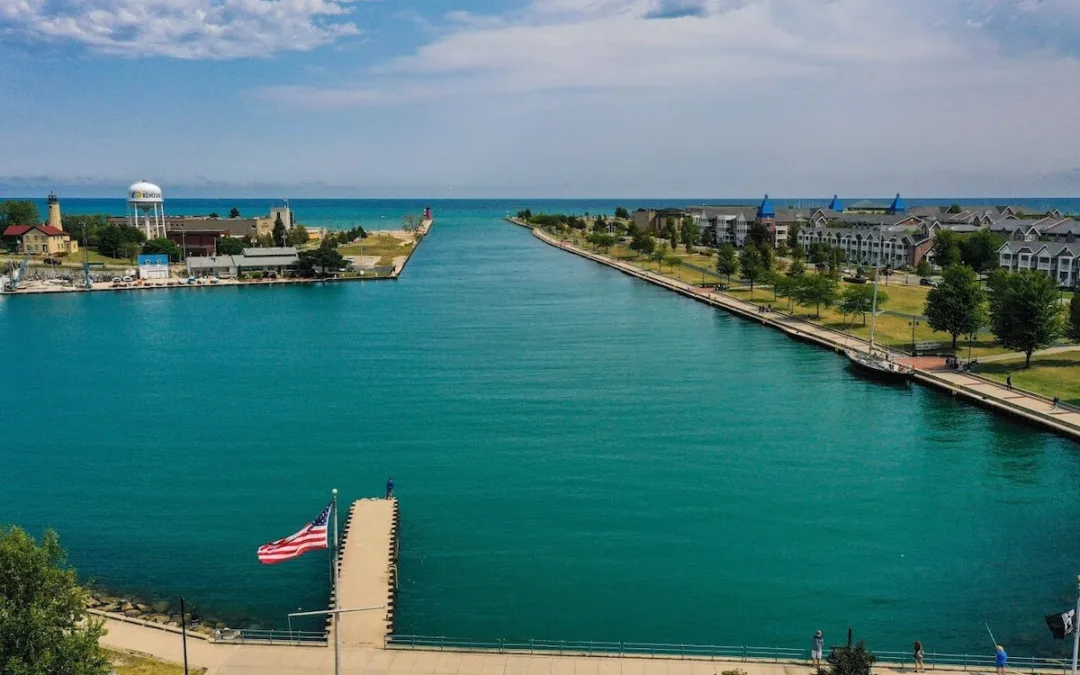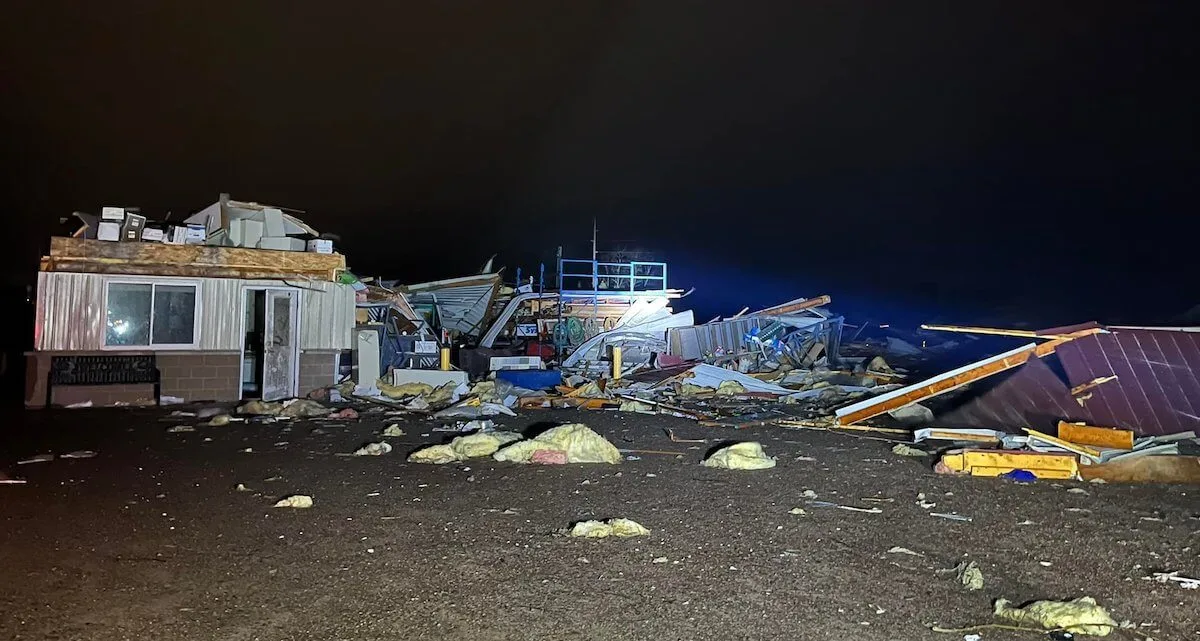
#image_title
#image_title
Wisconsin residents can offer input to task force members through Friday.
From flooding concerns in far northern Wisconsin to efforts by Milwaukee city officials to devise more sustainable energy models, two members of Gov Tony Evers’ climate change task force said state residents weighing in on the topic have sent one message loud and clear: Don’t wait any longer to address critical environmental issues.
Earlier this month the governor’s Task Force on Climate Change wrapped up the last of five public meetings designed to gather input from Wisconsin residents related to flooding, energy usage, and other climate-related issues.
The 30-member task force was scheduled to attend hearings at different locations across the state but the coronavirus pandemic relegated those meetings to virtual sessions.
Task force members are discussing public feedback gathered during hearings and are scheduled to make recommendations to Evers by the end of October. People have through Friday to solicit their input for the task force to consider and can do so here.
As he listened to people attending hearings virtually or by telephone, Lt. Gov. Mandela Barnes, task force chairman, was struck not only by the variety of topics people brought up but by their urging that policies to counteract climate-related problems be addressed sooner than later.
When people hear faraway stories related to climate change, like how polar bears are dying as polar ice caps melt, they often don’t feel directly impacted, Barnes said. But as Wisconsin farmers’ livelihoods have been adversely impacted by heavy rains and flooding during the past few years, climate change has hit close to home.
“Now we see farms right here in Wisconsin being impacted by these heavy rains,” Barnes said “It makes it more urgent for people right here in this state. Now people are talking more about climate change, raising more questions about it, and seeing what we can actually do to reduce its impact.”
Task force member Bill Hogseth of Dunn County heard the same message as he listened to state residents’ views about climate change at the hearings. Whether discussing flooding in Bayfield and Ashland counties or washed-out farm fields in the state’s central region, changes in our climate are adversely impacting people’s lives, speakers at the hearings said.
“I didn’t hear anyone telling us not to act on climate change. I didn’t hear anybody tell us to drag our feet on this issue, or to study this issue more,” Hogseth said. “I heard urgency and action, and it came from every single voice at the public hearings.”
Chief among climate concerns were those associated with water. The state’s water pollution woes prompted Evers to declare 2019 the year of clean drinking water, and problems with water continue to be a significant issue with residents, Barnes said. Agriculture-related runoff into waterways, especially from large farms known as concentrated animal feeding operations, or CAFOs, has fouled the state’s water supply.
Addressing energy was another top topic of discussion at task force hearings. Emissions from coal-fired power plants, vehicles, and other sources have not only polluted the environment but are causing warmer temperatures that threaten the planet’s existence.
As he listened to speakers at task force meetings, Barnes said he was heartened by the fact that a growing number of people from various walks of life seemed to acknowledge the reality of climate change. However, he said he also grew frustrated at the lack of action by state government previously to address climate problems.
“None of this stuff is new,” he said. “We’ve been talking about this for awhile now, but not doing enough to address it. There is a lack of action to address the real concerns the people have had, and now there’s a real mess to clean up.”
In recent years some have discounted humans’ impact on the environment, and during former Gov. Scott Walker’s tenure the state Department of Natural Resources removed “climate change” references from agency publications. Last year, after a change in occupants inside the governor’s office, the agency recommitted itself to addressing climate change and its impact on natural resources.
Evers’ administration has ramped up efforts to address climate change. In addition to forming the task force, the governor committed to providing 100 percent carbon-free electricity by 2050 as part of reducing carbon as spelled out by the Paris climate agreement. Evers created the Office of Sustainability and Clean Energy to oversee the state’s progress toward that goal.
Devising solutions to climate change will prove challenging, Barnes said, a task made more difficult because policy makers have waited too long to act. However, progress is being made, he said. Cities such as Madison, River Falls, Eau Claire, and others have adopted measures to reduce carbon emissions in upcoming years.
“The conversation about climate change is expanding,” he said, “and this is pushing solutions forward.”
State legislators could take the task force’s recommendations and enact them into law. Whether the Republican-controlled Legislature does so remains a question, but Hogseth said he hopes broad support for such measures makes that possible.
“There is a wide variety of voices included in this input,” Hogseth said. “Hopefully (legislators) look at (recommendations) and see that they are the product of a lot of listening and not just something we came up with in a vacuum.”
Politics

6 terrifying things that could happen if the Comstock Act is used to target abortion
Does 1873 sound like a really, really long time ago? Well, that’s because it is—but if Republicans and far-right anti-abortion activists have their...

Opinion: Many reasons why young adults should refuse to let Republicans kill the Affordable Care Act
In this op-ed, University of Wisconsin Medical School student, Samantha Crowley, shares the importance of young adults protecting the Affordable...
Local News

Stop and smell these native Wisconsin flowers this Earth Day
Spring has sprung — and here in Wisconsin, the signs are everywhere! From warmer weather and longer days to birds returning to your backyard trees....

Your guide to the 2024 Blue Ox Music Festival in Eau Claire
Eau Claire and art go hand in hand. The city is home to a multitude of sculptures, murals, and music events — including several annual showcases,...



